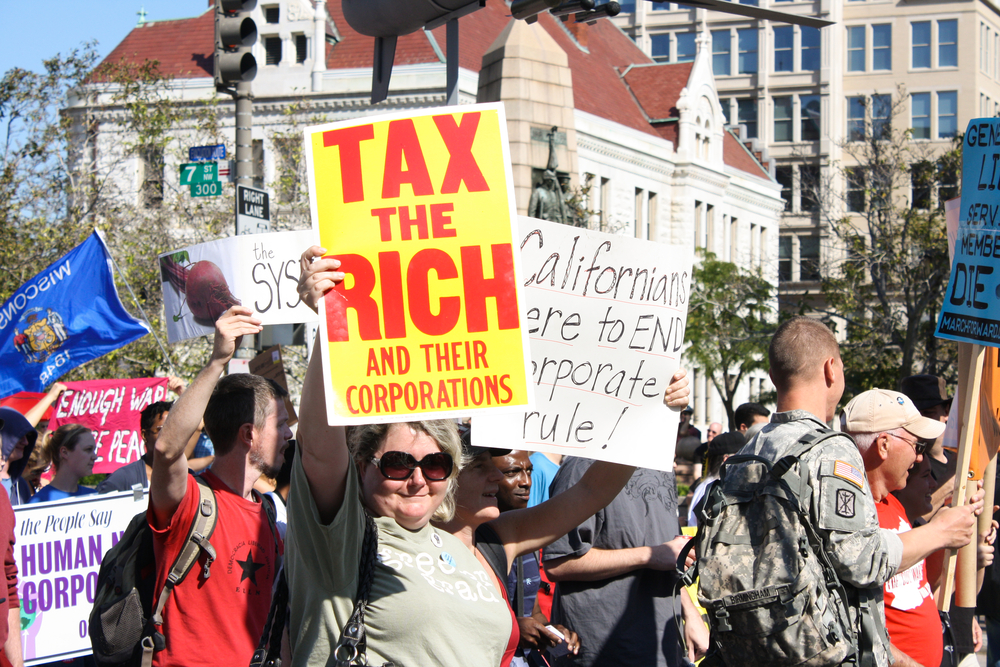It’s hard to feel happy for people who are more successful than you.
It’s easier to envy them – but doing so means forgetting that high achievers pave the way for others to succeed. Free societies make it possible for more people to rise up.
Envy is a poison. It’s also a weapon.
In his 19th century encyclical Rerum Novarum, Pope Leo XIII condemns socialism in harsh terms. He explains that socialists work on “the poor man’s envy of the rich” and later adds that if socialism were to be implemented: “The door would be thrown open to envy, to mutual invective, and to discord.”
While capitalism gets a bad rap for promoting or allowing the vice of avarice, socialism is not immune from the problem of human immorality. The regime of 20th century Cambodian revolutionary Pol Pot was notorious for arousing envy amongst peasants against city-dwellers through the phrase “Trees in the country, fruit in the town”. This adage which is based on traditional maxims convinced the peasants that the extermination of city-dwellers was right and just and was used to advance Pot’s worldview which seeks to create a peasant society free of class distinctions.
The vice of envy is defined by the Christian monk St. John Damascene as “pain over the good fortune of others” (De Fide Orth. ii, 14). The scholastic theologian St. Thomas Aquinas clarifies that we can sorrow over another’s good in multiple ways which may or may not be sinful. For instance, one may sorrow over another’s good due to a genuine fear that it might harm himself or another good and this is not necessarily sinful. However, one who sorrows over another’s good in so far as the good of the other surpasses his own good necessarily commits a sin.
It might make sense to be concerned and sorrowed at the possessions of the rich if the economy were a zero-sum game. That is to say, it might be reasonable to sorrow at another’s material gain if that somehow harms you. This, however, assumes an inaccurate picture of the way a market economy works. The economy consists of goods and services, and the value and quantity of these are not fixed. If they were, it would not be possible that drastic poverty reduction has occurred since 1990 despite the population growing by nearly 2 billion individuals in the same time period. In other words, the rich man’s amassing of possessions does not present a loss of material wealth for you. The increase of his wealth does not diminish your ability to increase your wealth.
As free markets and freer trade have spread globally, poverty has fallen dramatically. According to the American Enterprise Institute, US Census Bureau data shows definitively that US poverty was at an all-time low prior to the COVID-19 pandemic and has been falling from 2014-2019 even after accounting for reporting bias due to the pandemic. The poverty decline was true for all demographic groups and even when using the official poverty measure, which disregards government benefits when calculating poverty. The free market is a rising tide that lifts all ships while socialism sinks them.

